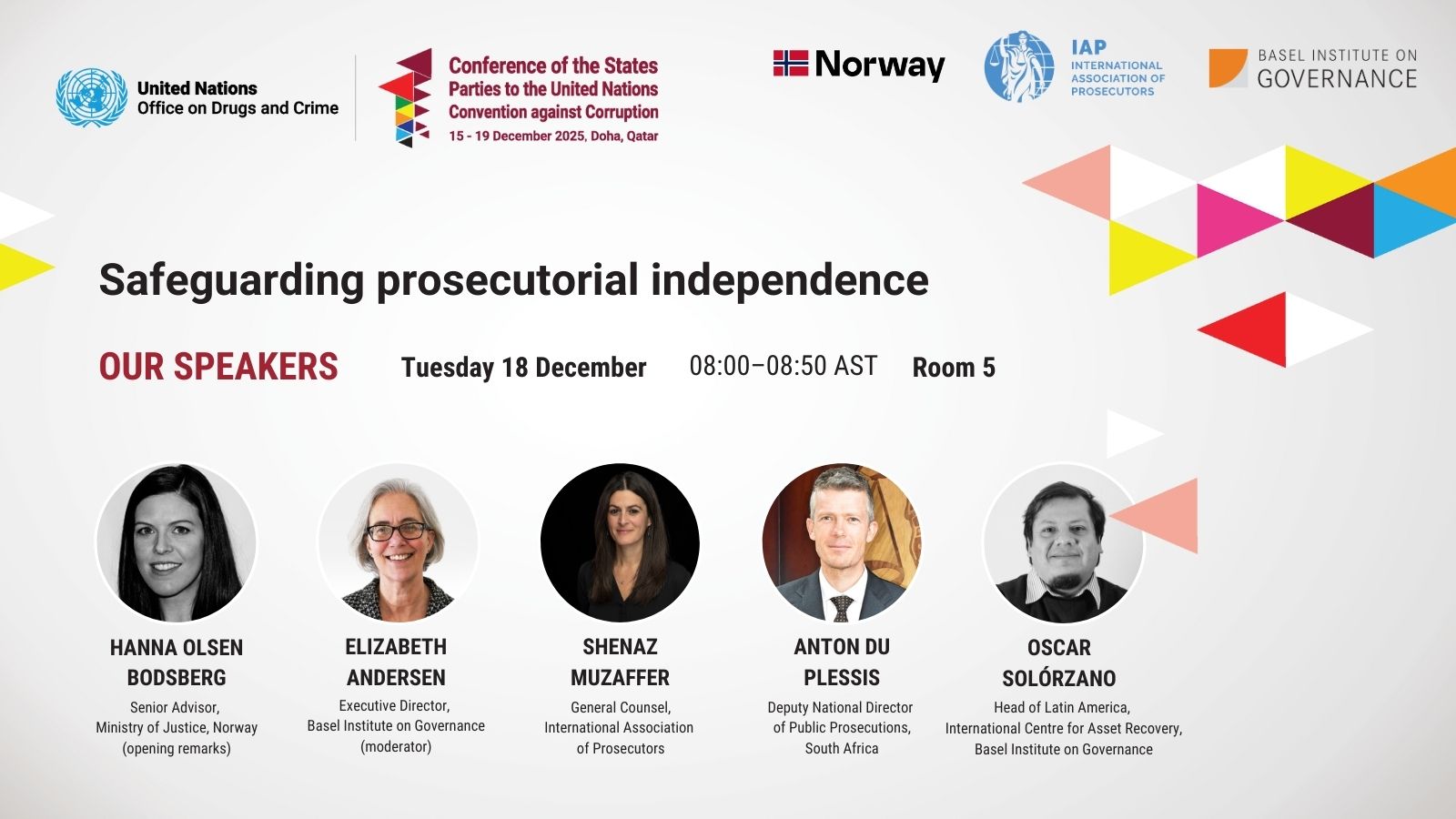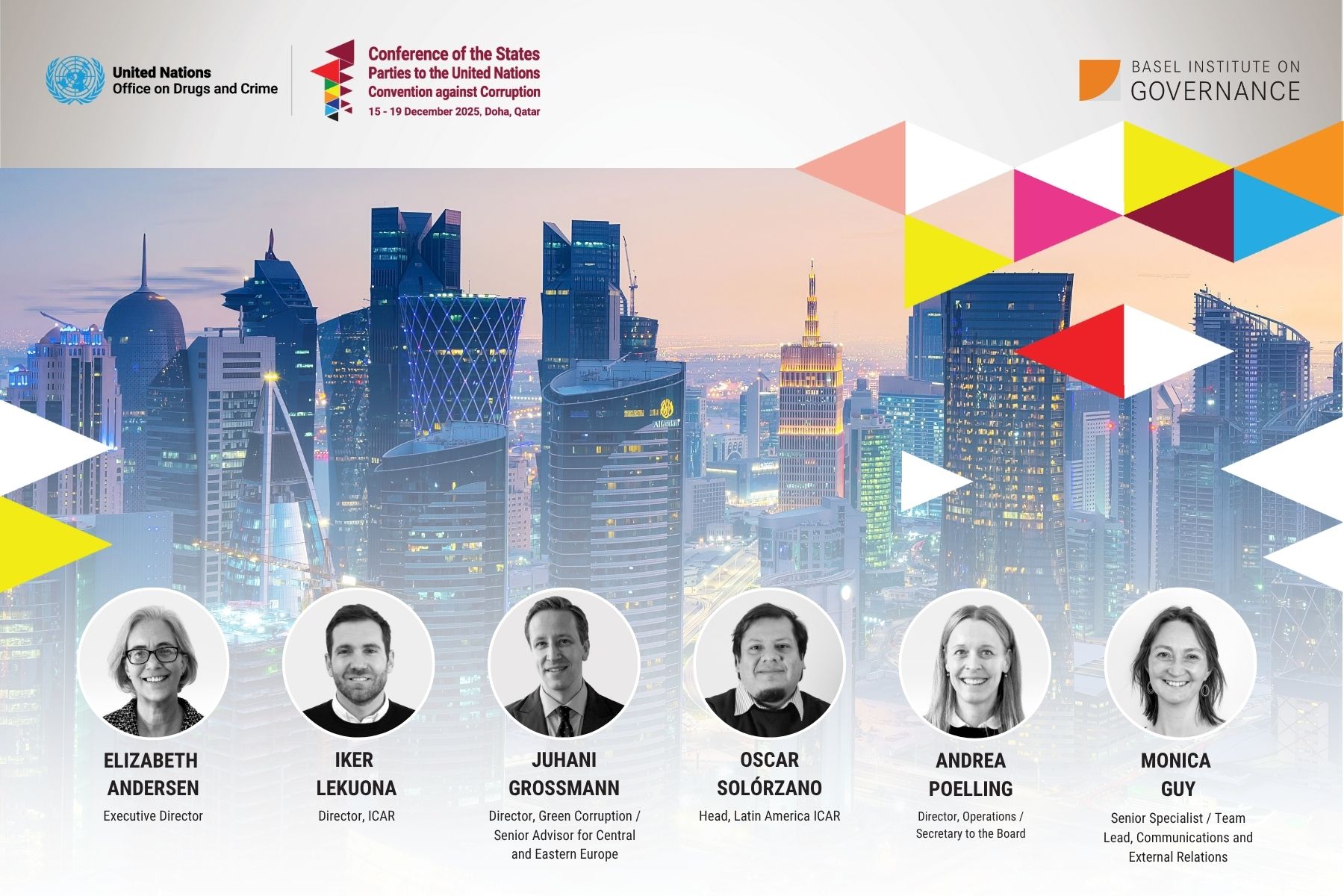Organizada en el marco del Día Internacional contra la Corrupción, la Semana de la Integridad 2025 reunirá a especialistas nacionales e internacionales para abordar tendencias, desafíos y enfoques contemporáneos en materia de integridad pública, prevención de la corrupción y gobernanza.
Durante tres días se desarrollarán once sesiones virtuales centradas en temas como corrupción verde, gestión de conflictos de intereses, recuperación de activos, inteligencia artificial, riesgos de corrupción y delitos contra la administración pública.
As cryptoassets and other blockchain-based tokens enter the mainstream, alarm bells are ringing about the risks of their misuse. The technology is neutral in itself, but like any mechanism to transfer value, it can and does facilitate a wide range of crimes.
And it’s not just scams, hacks and ransomware attacks. Cryptoassets are now seen in practically all crime types, from drug trafficking and terrorist financing to sanctions evasion, and increasingly as a tool for laundering the proceeds of those crimes.
A breakout session at the 9th Global Conference on Criminal Finances and Cryptoassets gathered regulators, supervisors and experts from more than 20 jurisdictions to discuss practical approaches to regulating and supervising cryptoassets. The central aim was to provide hands-on guidance and tips for jurisdictions at early stages of regulating and supervising cryptoassets.
A breakout session at the 9th Global Conference on Criminal Finances and Cryptoassets focused on blockchain intelligence standards and interoperability – an issue that is becoming ever more critical for all who seek to prevent and combat the illicit use of virtual assets for financial crime.
We are pleased to announce the launch of a special crowdfunding campaign on the day of what would have been Gretta Fenner’s 50th birthday.
The campaign supports the Gretta Fenner Scholarship Fund, which enables talented individuals from lower-income backgrounds to access our advanced anti-corruption programmes.
The Financial Action Task Force (FATF) has published new Asset Recovery Guidance and Best Practices, offering a comprehensive roadmap to help countries get better at recovering illicit assets.
Through our International Centre for Asset Recovery (ICAR), the Basel Institute is proud to have contributed to this initiative, which will be instrumental in strengthening asset recovery across jurisdictions globally.
This Case Study describes how Kenya obtained crucial overseas intelligence in a corruption case through the International Anti-Corruption Coordination Centre, leading to the recovery of USD 1.8 million in assets for the Kenyan people.
Key points:


 <
<